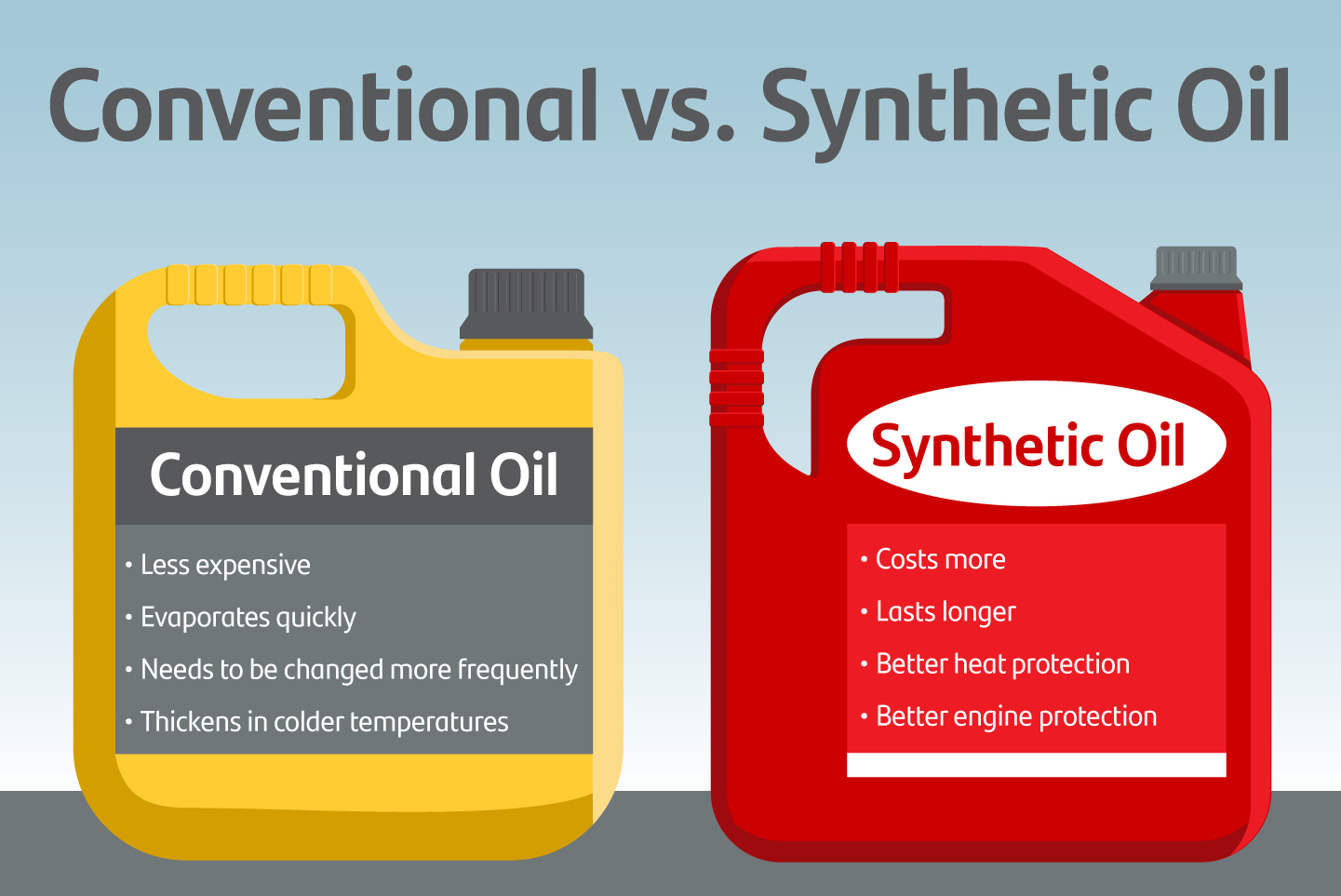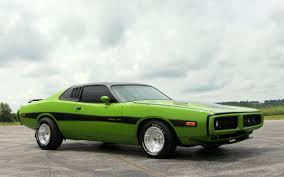Imagine your car's engine as a symphony of intricate, moving metal parts, each relying on a delicate balance of friction and heat to perform its role. Now picture motor oil as the maestro, orchestrating this symphony by creating a protective film that separates and lubricates these components. It's a performance where the stakes are high, and the consequences of a missed cue could be catastrophic.
If you've ever been perplexed by the vast selection of motor oils at your local auto parts store, you're not alone. Consumer Reports' expert mechanic, John Ibbotson, assures us that in a dire emergency, almost any oil can act as a temporary band-aid for your engine. But just as a symphony needs the right conductor, your engine craves the perfect oil for its unique composition and your driving habits.
In the grand performance of your car's engine, regular oil changes are akin to intermission, allowing the maestro to refresh and rejuvenate, ensuring a flawless second act. Over time, motor oil degrades, losing its protective qualities and accumulating contaminants. Ignoring these oil changes is like forcing the orchestra to play on without a break, leading to discord, wear, and tear, and potentially, a complete breakdown.
So, join us as we dive deeper into the world of motor oil. We'll explore its composition, how it combats the destructive forces within your engine, and why choosing the right type and adhering to a diligent oil change schedule can be the difference between a harmonious performance and a mechanical catastrophe.
Get ready to become a motor oil connoisseur, armed with the knowledge to keep your engine singing its sweetest tune for miles to come.
Deciphering the Oil Enigma: Unveiling the Secrets of Viscosity and the Numbers on the Bottle

Ever found yourself bewildered by the cryptic alphanumeric codes adorning motor oil bottles? Those combinations like "5W-30" or "0W-20" aren't just random gibberish – they hold the key to understanding the oil's viscosity, a crucial factor in its performance.
Think of viscosity as the oil's "thickness" or resistance to flow. It's like comparing honey, which is thick and slow-moving, to water, which flows freely. The first number in the code, followed by the "W" for "winter," indicates the oil's viscosity in cold temperatures. Picture trying to start your car on a freezing winter morning with thick, sluggish oil – it's a recipe for a frustrating delay. A lower "W" number means the oil remains fluid even in chilly conditions, ensuring your engine cranks smoothly.
The second number represents the oil's viscosity at normal operating temperatures. Once your engine warms up, you want the oil to flow effortlessly, reaching every nook and cranny to lubricate and protect. However, don't be fooled by the outdated notion that thicker oil is better in summer. Modern engines are designed with incredibly precise tolerances, demanding lower-viscosity oils to navigate those tight spaces. It's akin to trying to fit a square peg into a round hole – a mismatch leads to friction, wear, and reduced efficiency.
Moreover, advancements in oil formulation have led to the development of multi-grade oils, like the 5W-30 we mentioned earlier. These oils are engineered to behave like a low-viscosity oil in cold weather, ensuring easy starts, while maintaining the protective properties of a higher-viscosity oil at operating temperatures.
Therefore, when selecting motor oil, those codes aren't just arbitrary markings; they provide crucial information about the oil's behavior under different conditions. Consulting your car's owner's manual and considering your driving habits and climate can help you choose the ideal viscosity for optimal engine performance and longevity. Remember, the right oil isn't just about lubrication; it's about protecting your investment and enjoying a smooth, worry-free driving experience.
Conventional vs. Synthetic: The Oil Duel

Think of conventional oil as the classic, well-worn leather jacket – it gets the job done, but it might show its age a bit faster. This oil, extracted straight from the earth and refined, has been the go-to for decades. On the other hand, synthetic oil is the sleek, high-tech performance gear, meticulously crafted in a lab to withstand extreme conditions. It's like comparing a sturdy pair of work boots to a pair of cutting-edge athletic shoes designed for peak performance.
While most new cars roll off the assembly line demanding the precision of synthetic oil, some older models still hum along happily with conventional oil or a hybrid "synthetic blend." Picture a classic car purring contentedly with its familiar conventional oil, while a brand-new sports car demands the high-performance synthetic blend to unleash its full potential. It's all about finding the right fit for your engine's needs.
John Ibbotson, our trusty mechanic, highlights a key distinction: synthetic oil is the marathon runner of the oil world, often lasting up to 10,000 miles or more between pit stops, while conventional oil might tap out sooner. Imagine a cross-country road trip – with synthetic oil, you can cruise confidently for longer stretches without needing an oil change, while conventional oil might require more frequent stops.
Sure, synthetic oil might cost a bit more upfront, like investing in a premium gym membership. But its extended lifespan can lead to savings in the long run, just as those gym visits can improve your overall health and well-being. It's a trade-off between initial cost and long-term benefits, and for many car owners, the performance and longevity of synthetic oil make it a worthwhile investment.
Upgrade Your Oil, Upgrade Your Engine's Life: When to Consider Switching to Synthetic
 "Your owner's manual is your oil bible," says Ibbotson. However, some driving conditions push your car beyond the 'normal' zone and into the 'severe usage' category. That's where synthetic oil, the superhero of the lubricant world, steps in.
"Your owner's manual is your oil bible," says Ibbotson. However, some driving conditions push your car beyond the 'normal' zone and into the 'severe usage' category. That's where synthetic oil, the superhero of the lubricant world, steps in.
Imagine driving your car on a freezing winter morning in Minnesota or navigating the scorching desert highways of Arizona. These extreme temperatures put immense stress on your engine oil. Conventional oil might struggle, but synthetic oil, with its superior resistance to heat and cold, remains stable, ensuring your engine gets the protection it needs.
Or, picture yourself in stop-and-go traffic during rush hour, your engine constantly heating up and cooling down. Short trips, like a quick run to the grocery store, don't give your engine enough time to reach its optimal operating temperature, leading to moisture buildup and accelerated oil breakdown. Synthetic oil, with its enhanced resistance to degradation, can handle these frequent temperature fluctuations like a champ.
If you're towing a boat to the lake or hauling a trailer across the country, your engine is working overtime. The added strain generates more heat and puts extra pressure on the oil. Synthetic oil's superior film strength and high-temperature stability can handle the load, keeping your engine protected even under heavy towing conditions.
So, if your driving habits or environmental conditions fall into the 'severe usage' category, consider upgrading to synthetic oil. It's like giving your engine a suit of armor, protecting it from the harshest elements and ensuring it stays in peak condition for longer.













0 Comments